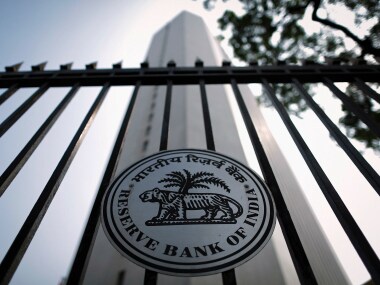The Reserve Bank of India, on Wednesday, set a limit of Rs 10,000 per month for withdrawals form the Jan Dhan Yojana accounts. “Fully KYC compliant account holders can withdraw up to Rs 10,000 from their account in a month. The bank managers may allow further withdrawal beyond Rs 10,000 within the current applicable limits only after ascertaining the genuineness of such withdrawals and duly documenting the same on the bank’s records,” the directive said. Non-KYC compliant account holders can withdraw only up to Rs 5,000 from their Jan Dhan Yojana account. [caption id=“attachment_3129300” align=“alignleft” width=“380”]  Reuters[/caption]The move is aimed at protecting innocent farmers and rural account holders of the PMJDY from activities of money launderers and legal consequences under the Benami Property and Money Laundering Laws, the RBI release said. These accounts had witnessed a sudden surge in deposits after the demonetisation, which was announced on 8 November, raising doubts that tax evaders are using the poor to park their ill-gotten money in them. According to the government, total deposits in these accounts stood at Rs 64,252.15 crore as of 16 November. Bank officials in Odisha had admitted to PTI that they smell foul play in the rapid spurt in the quantum of deposits in several of these zero-balance balance accounts in Kendrapara district. “There has been impressive growth in cash deposits in Jan dhan accounts. We obviously smell foul-play. Though a ceiling of Rs 50,000 deposit has been fixed in these accounts, we have come across accounts exceeding maximum deposit limits. The accounts with excess deposit would lose PMJDY classification. These would be converted into general savings accounts,” an official told the news agency. Prime minister Narendra Modi, in his Mann Ki Baat on Sunday, had urged people to not make use of these accounts to whiten the black money they have. With PTI
These zero-balance accounts have seen a sudden spike in deposits after demonetisation raising suspicion that they are being used for money laundering
Advertisement
End of Article


)

)
)
)
)
)
)
)
)



